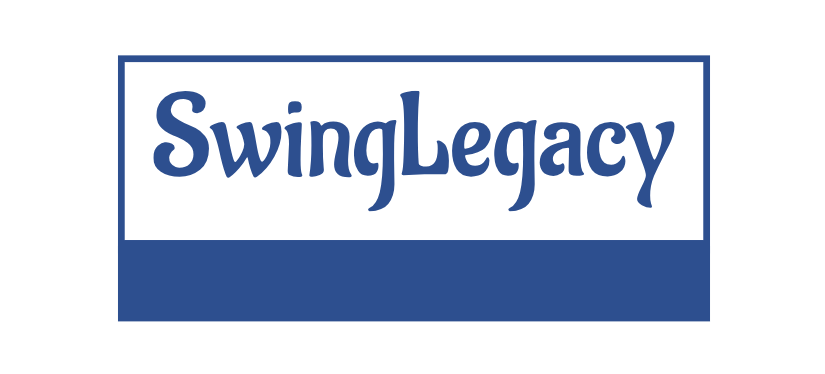The demand for mental health professionals has surged due to increasing awareness of mental health issues, rising rates of mental illness, and the recognition of the importance of mental health care in overall well-being.
Despite this growing need, the supply of qualified mental health professionals has not kept pace, leading to a significant shortage in the field. Healthcare recruiting companies play a pivotal role in addressing this gap by implementing targeted strategies to attract, recruit, and retain mental health professionals.
This article explores the specific challenges in recruiting for the mental health sector and how healthcare recruiting companies are responding to these challenges effectively.
The Growing Demand for Mental Health Professionals
Rising Awareness and Demand
Awareness of mental health issues has grown significantly, driven by public health campaigns, celebrity endorsements, and increased coverage in the media.
This has led to greater acceptance and reduced stigma around seeking mental health care, thereby increasing the demand for services.
The Impact of the Pandemic
The COVID-19 pandemic has exacerbated mental health issues globally, leading to a surge in cases of anxiety, depression, and other mental health disorders.
The resulting increase in demand for mental health services has highlighted the critical shortage of professionals in this field.
Insufficient Supply
Despite the increased need, the supply of mental health professionals, including psychiatrists, psychologists, counselors, and social workers, has not kept pace.
Many regions, particularly rural and underserved areas, face significant challenges in attracting and retaining these professionals.
Challenges in Recruiting Mental Health Professionals
Educational and Credentialing Requirements
Mental health professionals often require extensive education, training, and licensing, which can be a lengthy and costly process.
This creates a bottleneck in the supply of qualified candidates.
Stigma and Burnout
Despite progress in reducing stigma, working in the mental health field can still carry a certain level of societal stigma.
Additionally, professionals in this sector face high levels of job-related stress and burnout, making it difficult to retain staff over the long term.
Geographic Disparities
Mental health professionals are often concentrated in urban areas, leading to shortages in rural and underserved communities.
Recruiting professionals to work in these areas presents unique challenges, including lower compensation and limited professional support.
Strategies Employed by Healthcare Recruiting Companies
Health care recruiting companies have developed several innovative strategies to tackle the challenges associated with recruiting mental health professionals.
These strategies include leveraging technology, promoting diversity and inclusion, offering flexible working arrangements, and providing robust support systems.
Leveraging Technology for Recruitment
Digital Platforms and AI
Recruiting companies use digital platforms and artificial intelligence (AI) to streamline the recruitment process.
AI helps in identifying and matching suitable candidates with job openings based on skills, experience, and preferences. Digital platforms provide a broader reach, allowing recruiters to tap into a global pool of candidates.
Telehealth Opportunities
The rise of telehealth has expanded the possibilities for remote work in the mental health sector. Recruiting companies promote telehealth roles to attract candidates who may be interested in flexible, remote work arrangements.
This also helps in addressing the geographic disparities by allowing professionals to serve patients in underserved areas without relocating.
Promoting Diversity and Inclusion
Targeted Outreach
Recruiting companies actively seek to increase diversity within the mental health workforce by reaching out to minority communities and encouraging individuals from diverse backgrounds to pursue careers in mental health.
They partner with educational institutions and professional organizations to support diversity initiatives.
Inclusive Job Descriptions
Companies craft inclusive job descriptions that emphasize the value of diverse experiences and perspectives.
This helps in attracting candidates from a wide range of backgrounds and ensures a more inclusive approach to mental health care.
Offering Flexible Working Arrangements
Part-Time and Job-Sharing Options
To address the issue of burnout and improve work-life balance, recruiting companies offer part-time and job-sharing options.
This allows mental health professionals to manage their workloads more effectively and reduces the risk of burnout.
Flexible Schedules
Flexible work schedules are another key offering, enabling professionals to tailor their work hours to fit their personal lives.
This flexibility is particularly appealing to candidates who may have caregiving responsibilities or other personal commitments.
Providing Robust Support Systems
Professional Development
Recruiting companies offer ongoing professional development opportunities to help mental health professionals stay current with the latest practices and technologies. This includes access to continuing education courses, workshops, and conferences.
Mentorship Programs
Mentorship programs connect new recruits with experienced professionals who can provide guidance and support. These programs are especially valuable in helping new mental health professionals navigate the challenges of their roles and build a successful career.
Mental Health Support for Professionals
Recognizing the high levels of stress and potential for burnout in the mental health field, recruiting companies provide access to mental health support services for their recruits. This includes counseling services, stress management workshops, and peer support groups.
Summing Up
The demand for mental health professionals is at an all-time high, and the shortage in this field presents significant challenges. Healthcare recruiting companies are playing a crucial role in addressing these challenges by employing innovative strategies to attract, recruit, and retain mental health professionals. By leveraging technology, promoting diversity and inclusion, offering flexible working arrangements, and providing robust support systems, these companies are helping to ensure that mental health needs are met effectively. As the demand for mental health services continues to grow, the role of recruiting companies in supporting and expanding the mental health workforce will be increasingly important.

